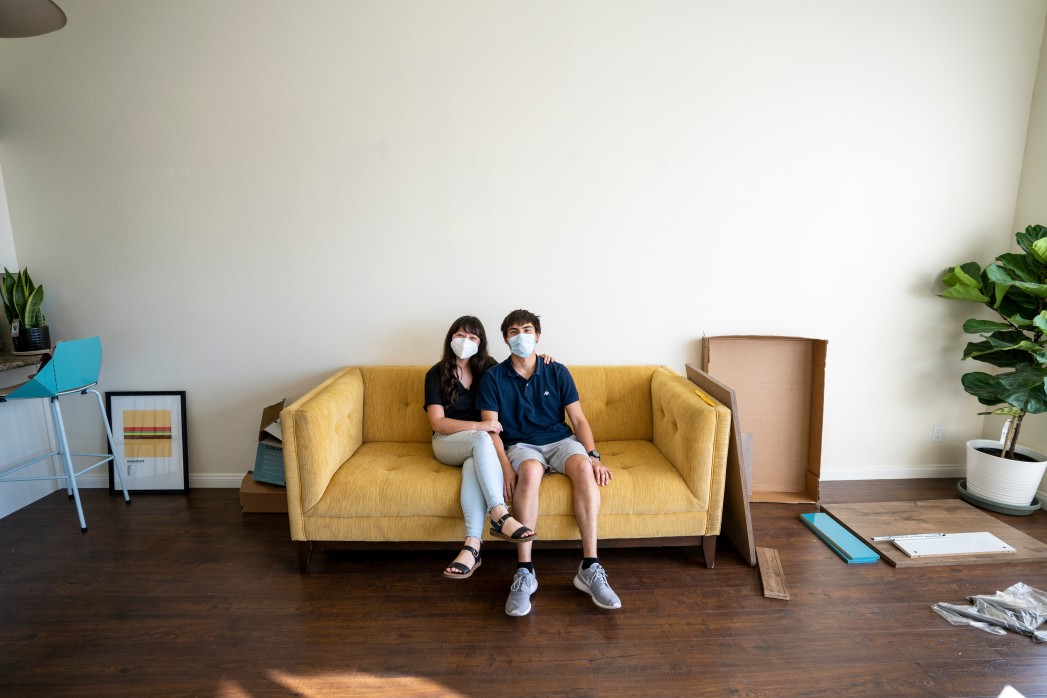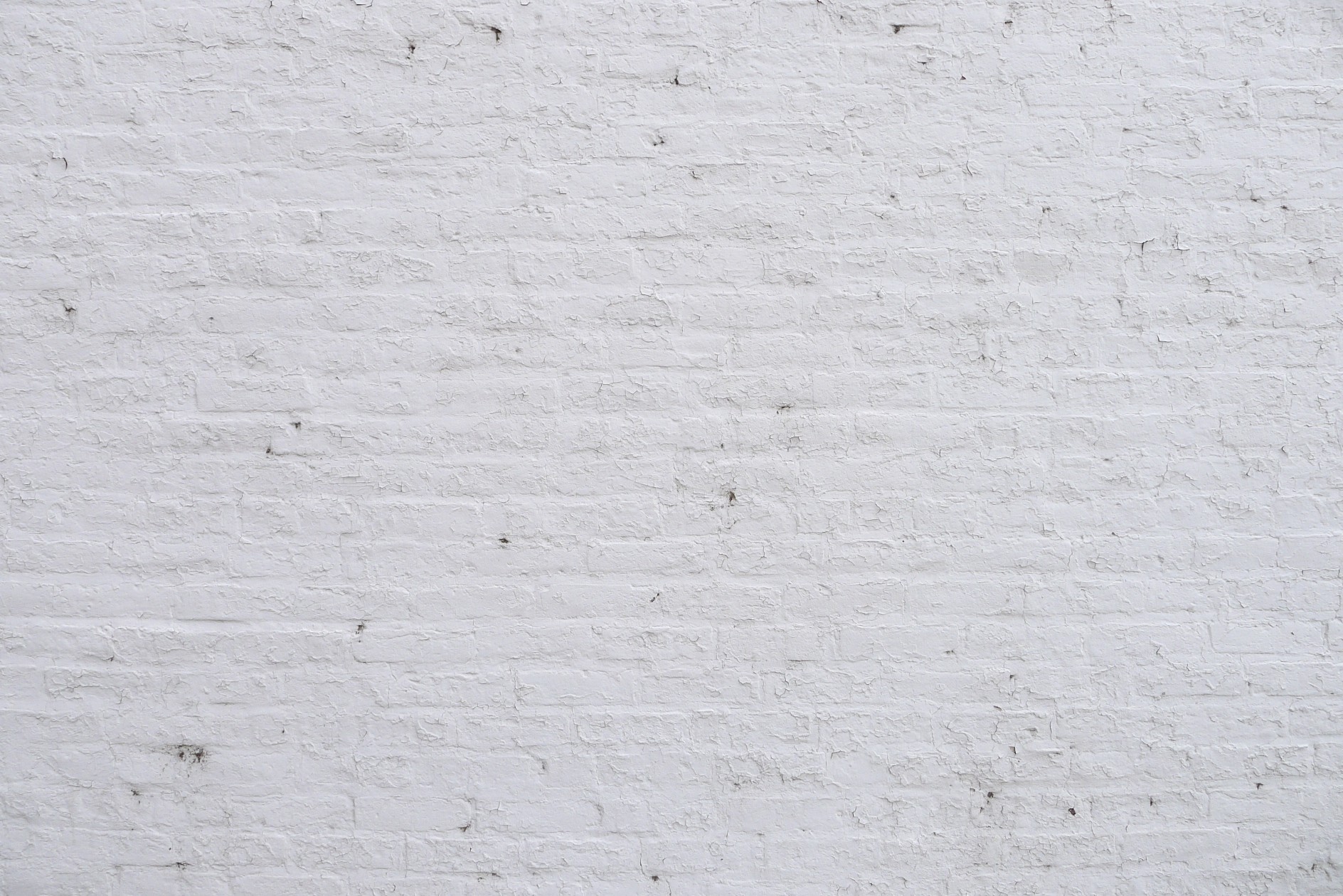Calculating Your Budget | Post-Purchase Hidden Costs
If you’ve read our post on pre-purchase costs, you’ll know that budgeting for the initial down payment once you’ve decided to buy a house doesn’t only include the cost of the house.
Now that you’ve gotten your keys or are waiting for your new home to be built, what other costs do you need to pay?
1. Extension of Stay
Sometimes, homes are sold before the seller can secure new or temporary accommodation. When that happens, the previous owner of the home may seek the agreement of the new owner to be allowed to extend their stay in their old property for up to 3 months.
To do so, they will need to request for Temporary Extension of Stay for Sellers. The administration fee of $20 is paid by the new owner, however, it should be recovered from the sellers.
On the other hand for private property owners, sellers should discuss and come to an agreement with the buyer.
2. Renovation

If you intend to make some changes to your new home, the cost will naturally increase with the more changes you make.
For HDB owners, you’ll need to check if your contractor is HDB approved. These contractors know all HDB’s rules and regulations and will let you know if your desired changes are non-compliant.
For private owners, you’ll have your choice of contractors, design and build agencies, and interior design firms. The former is usually cheaper but requires you to know the exact changes you want, while the latter will provide more options and suggest suitable changes.
The average price for home renovations is around $50,000 – $60,000, however, we suggest budgeting your renovations at 7 times your monthly income instead of a better approximation. FYI, most contractors or interior designers request a minimum budget of $30,000.
Additionally, check with the former owner on the newness of the fixtures for a better gauge of whether they will need replacing. Unless these renovations are crucial, you can always renovate your home gradually and spread out the cost instead of making changes all at once.
This also reduces the likelihood of you needing a renovation loan and gives you time to see how the new changes look!
3. Furnishing

Although most first-time homeowners typically need to start from scratch when furnishing their houses, most Singaporeans stay with their parents before buying their first home. This means it’s likely that you’ll have some basic furniture to bring over unless you’ve decided to buy completely new furnishings to go with your new home.
Another alternative is to buy over the previous owner’s furniture. This not only saves cost on furnishing for you but reduces the seller’s moving costs.
Otherwise, furnishing a completely empty 4 to 5-room flat will cost you a cool $10,000, a pretty hefty amount after buying a new home!
4. Moving

Whether you have furniture you’d like to bring over from your old home or just things, moving is still an arduous task. If you’ve been living a minimalist life and have no bulky items, then lucky you, you’ll probably just need to pack everything up in your car (or rent a car for a day if you don’t own one) and you’re ready to go! On the flip side, you’ll spend more on furnishing.
There’s no Singaporean standard on how many things we hoard as many of us live such varied lifestyles (although many of us love to shop!) so there’s no real average for how many boxes you’ll need whilst moving, but movers cost between $250 – $1,500.
You can also rent a van for $80 – $120 if you don’t mind doing the heavy lifting yourself!
5. Agent Commission
The amount paid to the buyer’s agent depends on the type of property you’re buying.
If you applied for a BTO, you shouldn’t need to engage an agent at all as HDB has removed the need for negotiation and made the buying process very clear. Here at Home Base, we follow the market standards for commission rates as shown below.

6. Apportion of Property Tax
Once the sale has been made, the conveyance lawyer will need to notify IRAS of the change in ownership. Whilst this is done, he or she will also apportion the property tax payable by both the buyer and the seller.
As the property tax for the year has been paid by the seller, the buyer will be required to reimburse them for the portion of the year that should be payable by the buyer. As this is part of a conveyance lawyer’s service, there shouldn’t be an extra charge outside of the actual tax.

Tackling Post-purchase Costs
If you’ve noticed, the 2 biggest post-purchase costs are actually manageable as long as you factor them in when considering your budget. You can:
- Reduce your budget for the house itself, and give yourself more room to renovate and furnish it to your taste.
- Be more frugal with purchasing furniture, bring over your old furniture, if any, buy over the previous owner’s furniture or look for 2nd hand options.
- Renovate over a few months instead of all at once, spacing out renovation costs to a more manageable amount.
At Home Base, we strive to ensure that you’ll be able to fill your new home with good memories and a great future, instead of empty rooms and an emptier pocket.
If you’re looking for help or have any questions, drop us a message here and we’ll do our best to answer your questions!


